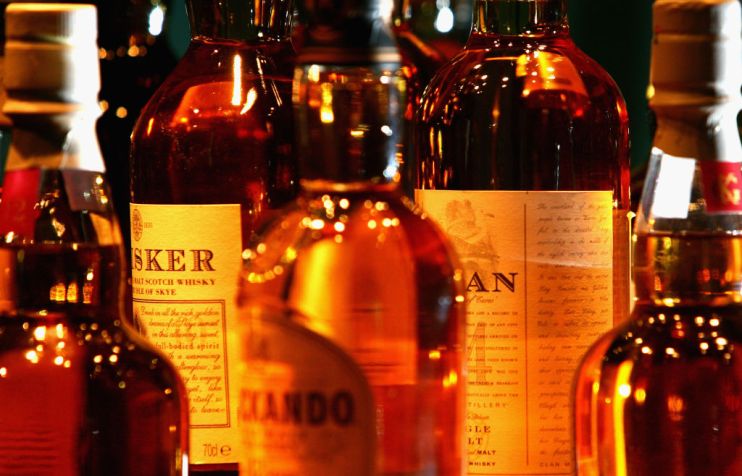Scotland says, who needs oil and gas when you have whisky?

As world leaders and conservationists continue to put more pressure on the use and extraction of fossil fuels to preserve the planet and combat global warming Scotland moves investors swiftly away from this sector to one of its oldest and most prized exports, whisky: Yes, you read correctly whisky, and what’s more surprising is scotch whisky continues to outstrip the performance of tangible asset class markets year on year for a decade.
How and why is this almost sleepy drinks industry taking some of the world’s smartest investors by storm and providing the perfect shelter for those that need security and performance within a tax-free environment.
Richard Taylor of Riverside Whisky Partners (RWP) a London based specialist whisky broking company conveyed there are several reasons why investors are being attracted to this market and once you understand what whisky has to offer it all makes sense. The fact that cask whisky is a tangible asset it appeals to many investors, as they feel this offers greater sense of ownership and security. The market is also global, so investors can trade internationally, which means if the UK economy slows or takes a dip, there is not a direct effect on the market or whisky values. More importantly, quality single malt whisky is of limited production and therefore due to consumption a naturally depleting stock. This means availability of classic rare single malts is always decreasing which creates a perpetual supply and demand spiral and scarcity of the most sought-after whiskies is driven upwards exponentially.
Another factor influencing demand on the supply chain is the removal of import tariffs by some of the highest whisky consuming territories, this is placing greater demand on the available stocks, and if one takes global consumption against production, you quickly begin to see how the best whiskies increase in value to meet this demand. Unlike many consumables whisky gets better with age as it matures, and this is exactly why and where the opportunity for investors comes into play. Consider the time from the initial distilling process to the point where the whisky is mature and ready for bottling and sale. Now take the production and storage costs distilleries have to carry for years until they can realise a return on these costs, it becomes obvious cashflow is a real issue. However, if they sell some young casks that need 5-10 years to mature this eases the problem and reduces the volume of casks that need to be funded before they can recoup the principal capital or make a profit. Some iconic single malts take 25 or 30 years to reach full maturity, so distilleries need to offset this cost somehow, and the answer lay with multiple private investors who can hold a relatively small number of casks individually for a period of 5 or 10 years before selling back to the distillery or putting on the open market through an auction house or with a bottling facility.
Clearly, the tax treatment is another prime attraction for those in higher tax brackets as profits are free from Capital Gains so cask ownership acts as a great alternative tax wrapper. In addition, unlike other tangible asset like property or classic cars, whisky can is considered a true armchair investment as the whisky is held in bonded store and everything in connection with maintenance and storage is taken care of for the client, either by the bonded warehouse or an HMRC regulated agent that arranges storage facilities. The key to this market is selection, time and patience, everything else is academic, like a clock it ticks along in the background, unnoticed until you want to know the time.
In short, investors entering this market are providing liquidity to the distillery almost like a loan that is being secured against the whisky asset, and the uplift in value of the casks is effectively interest on that loan. Returns for distilleries once maturity is reached are astronomical, but time is the catalyst and cannot be accelerated to achieve a finished product quicker, and as everyone knows, time is money, so distilleries opt to share in the profits with investors in exchange for a cash injection to realise their long-term objectives.